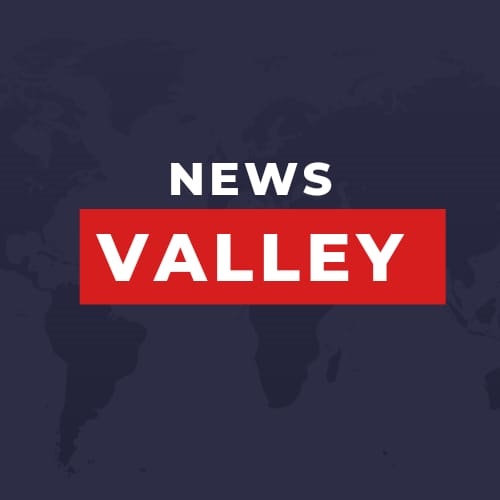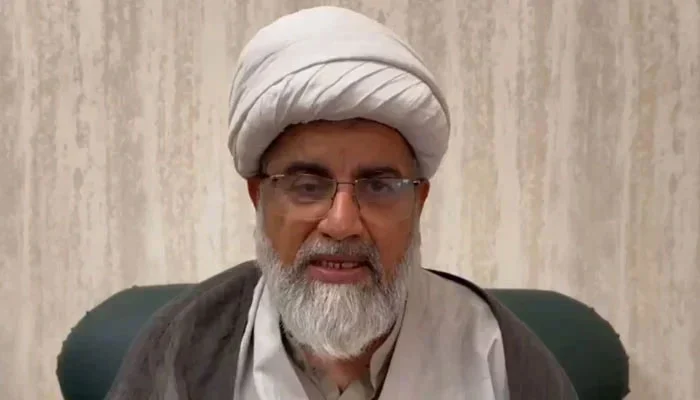
Infotainment
Experts Advocate Sharia-Compliant Institutions for Zakat
Islamic finance experts are urging the public to support Sharia-compliant institutions, including NGOs, welfare organizations, hospitals, and schools, for Zakat and charitable donations.
Numerous institutions are running aggressive marketing campaigns to gather funds through donations for Zakat, Charity, and Fitrana.
However, some of these NGOs and institutions invest the collected funds in interest-based avenues, a practice strictly prohibited in Islam.
Zakat is a monetary obligation that should be offered discreetly, ensuring mandatory details of deserving recipients, whether individuals, families, institutions, or NGOs collecting on behalf of the needy.
Failure to do so may result in an incomplete religious duty.
Syed Muhammad Farrukh, an analyst, emphasizes that donors should conduct thorough research on Zakat recipients, especially when donating to hospitals and NGOs.
Relying solely on information from advertisements and celebrity endorsements may not provide sufficient assurance.
He suggests donors inquire about fund collection and utilization, as well as investments made with deposits, before contributing to Zakat or charity.
Farrukh further advocates for charitable and welfare organizations to make their financial records public through websites and other means.
Transparency in financial operations is crucial for donors’ trust.
Alternatively, these organizations should undergo Sharia audits and publish Sharia advisory certifications on their websites for both Zakat and Charity.
During Ramadan, a significant number of residents and overseas Pakistanis donate, including Zakat, Sadaqat, Fidya, and Fitrana.
Welfare organizations receive substantial funds during this month, alongside religious seminaries.
However, there are notable entities across the country that invest in interest-based avenues for their surplus funds – a practice deemed unethical and a breach of public trust.
Ahmed Siddiqui, Director of the Center for Excellence in Islamic Finance (CEIF), suggests welfare organizations explore Sharia-compliant investment pools.
This approach, supported by Islamic banking institutions, can help attract more funds for beneficiaries in Pakistan and worldwide.
Investments in Islamic financial modes align with ethical guidelines and Sharia rules, making them more sustainable than conventional institutions.
Zakat, a pillar of Islam, is paid at a rate of 2.5% on wealth and savings by eligible Muslims.
According to Islamic teachings, Zakat should preferably be donated to deserving individuals, with charitable and welfare organizations considered secondary choices.
Despite commendable humanitarian efforts, scholars advise the public to refrain from donating or giving Zakat to organizations that are not Sharia-compliant in their processes and investments.








